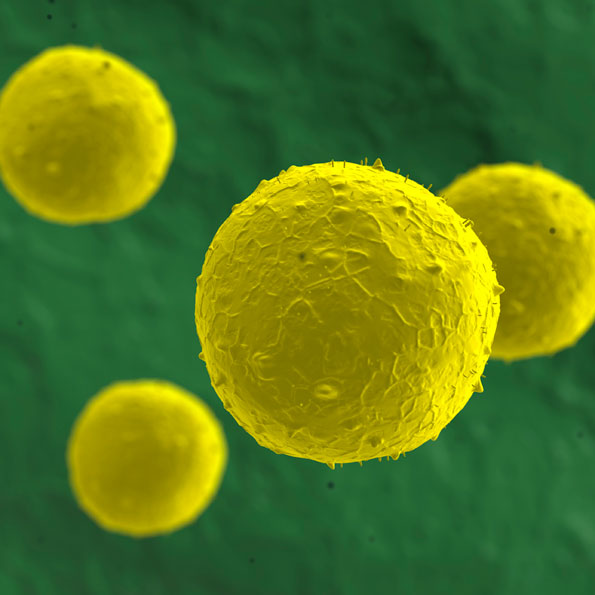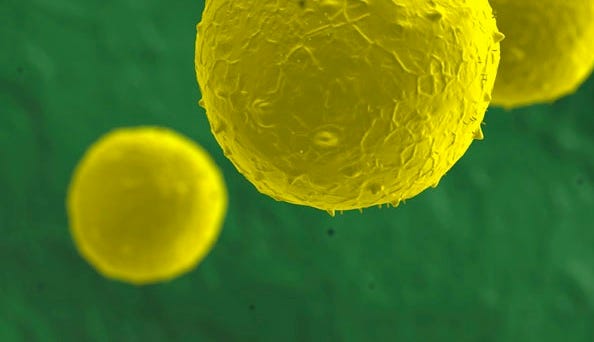March 5, 2013


I’m guilty.
Like many of us, I’m always looking for the latest and greatest, the new ingredient to jump into the natural personal care scene, eliciting oohs and ahhhhs from beauty aficionados and quickly working their way into the year’s most innovative products. What will it be in for 2013 and beyond?? I will be finding out at Expo West this week.
But wait! Not so fast. I recently came across some information on plant stem cells, one of the hottest ingredients in personal care since Mibelle Biochemistry's apple stem cell extract, phytoCellTech, was named most innovative active ingredient in 2008. This research on a not-so-new ingredient reminded me: Sometimes we should be less focused on what’s new and more focused on what makes an oldie (yes, I am referring to five years as old—guilty again) even better. Let’s critically look at ingredients and how they work, rather than being blinded by sensationalism.
So, what is this vision-transforming info I came across? The report, “Beauty Breakthroughs,” from the American Academy of Dermatology, focused on the technological advancements that allow plant stem cells to help make plant-based products purer and more effective. According to the research, plant extracts commonly used in skin care for their antioxidants are often inconsistent in antioxidant concentration and even contaminated by pesticides, heavy metals and fungal toxins.
The research is focusing on how to use technology to remove contaminants from the plants (basically through a sterilization process) to provide a clean plant-based foundation that will then be cultured in a lab to boost antioxidant levels. The highly coveted marriage of science and nature renews its vows, and I’m looking forward to watching its progress.
In addition, Horst Rechelbacher, founder of Intelligent Nutrients, recently shared with me that he'll be focusing on innovating in the area of organic plant stem cells. According to Rechelbacher, the challenge is actually around the education—getting the organic community to understand that plant stem cells can be organic, even if they're cultivated in a lab.
So, in addition to new ingredients and products, I’ll be looking for scientific advancements that make a product work better and any other behind-the-scenes efforts that help to drive innovation.
You May Also Like


